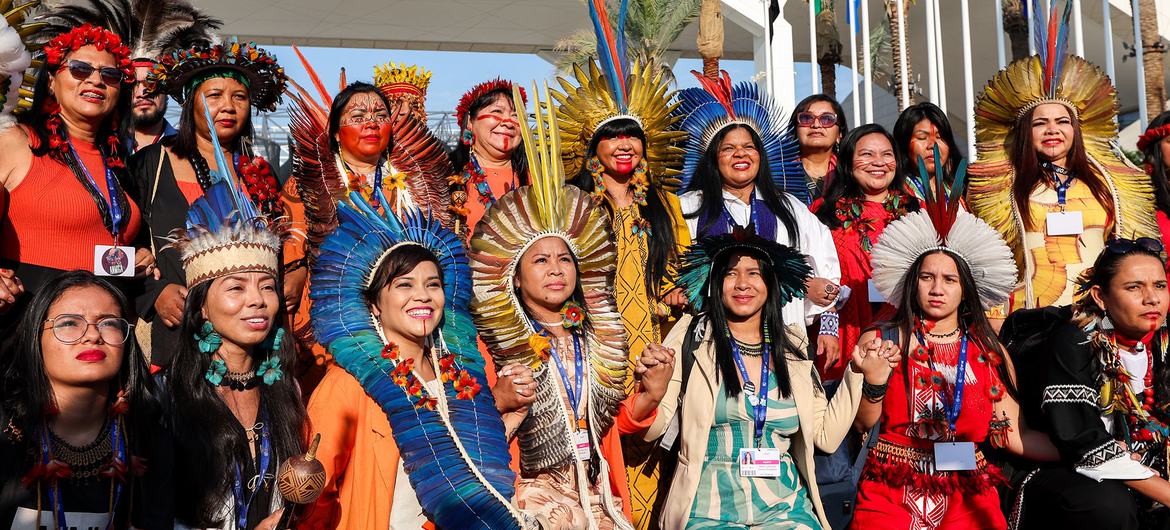UNGA: Transform landmark Indigenous rights declaration into reality

The President of the General Assembly highlighted the persistent gaps between commitments and realities concerning Indigenous peoples, despite efforts to improve their wellbeing and participation at the UN. He urged constructive dialogue to honor commitments to Indigenous peoples, marking the 10th anniversary of the World Conference on Indigenous Peoples.
Key achievements, such as the 2030 Agenda for Sustainable Development and the International Decade of Indigenous Languages, were noted, yet challenges remain. Indigenous peoples still face poverty, inequality, climate change impacts, and unequal access to resources, health, and education. Indigenous women are more affected by sexual violence.
Efforts are needed to translate the UN Declaration on the Rights of Indigenous Peoples into meaningful change. Li Jinhua from the UN Department of Economic and Social Affairs emphasized the need for effective participation by Indigenous peoples in development processes and urged countries to recognize and ensure their intrinsic rights.
The Vice-President of Bolivia, David Choquehuanca said: Indigenous peoples participate in UN events “as disintegrated bodies, sapped of our energy and lacking structure” because “Eurocentric, anthropocentric and egocentric approaches” are favored over the “cosmobiocentric approaches” they hold dear.
Hindou Oumarou Ibrahim, Chairperson of the UN Permanent Forum on Indigenous Issues, emphasized the inclusion of Indigenous peoples in sustainable development reviews, especially Indigenous women and girls. She called for the recognition of Indigenous-led initiatives and advocated for mechanisms for full Indigenous participation at the UN. She highlighted the inclusivity of Indigenous traditions and urged it to be reflected in all UN forums and national processes.

